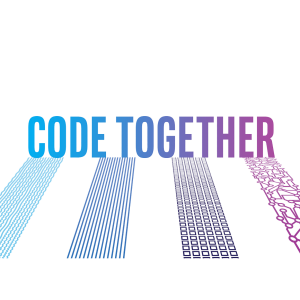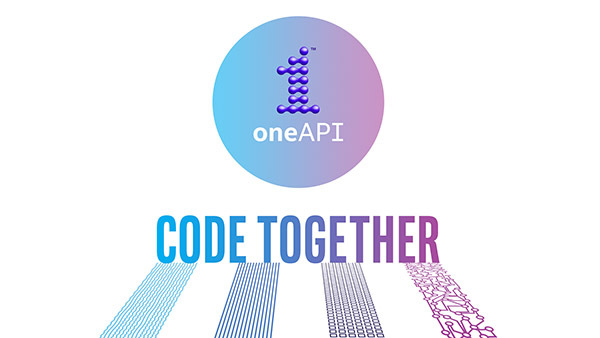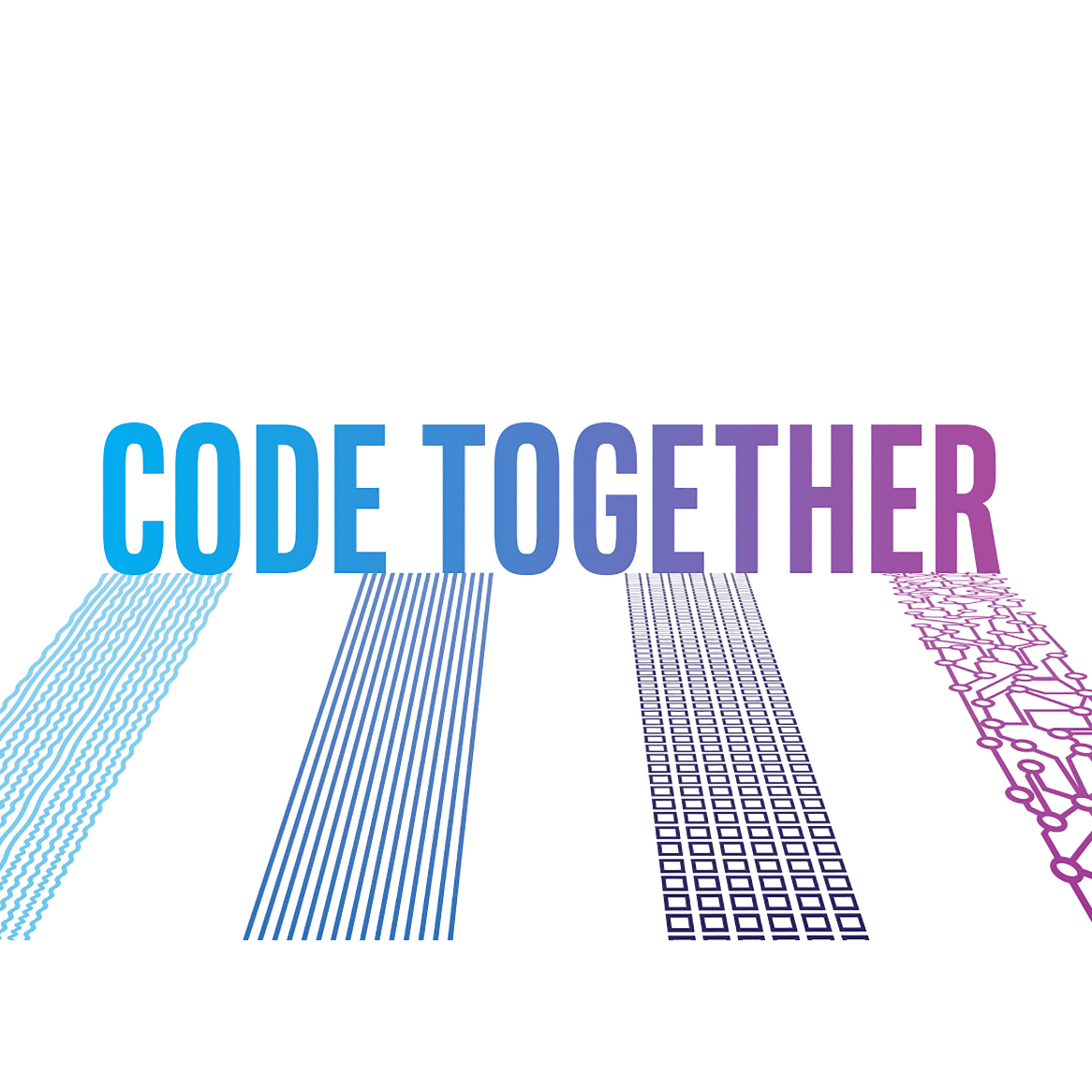Episodes

Thursday Oct 22, 2020
Optimizing HPC Clusters: Meeting the Challenges of Today and Tomorrow
Thursday Oct 22, 2020
Thursday Oct 22, 2020
As high performance computing (HPC) moves far beyond its traditional users to the domains of AI, machine learning, enterprises and the cloud, and heterogeneous programming becomes the norm, Nico Mittenzwey, senior HPC engineer at Megware Computer, and Mike Lee, technical, enterprise and cloud segment marketing manager at Intel, discuss the considerations in optimizing HPC clusters and applications. Nico explains how the Intel MPI Library has helped Megware and its customers rise to these challenges, providing real-world examples of two of the company’s most recent projects. He also explores the challenges of fragmentation in heterogeneous computing environments, and how a single, common programming model can help address these challenges.
To learn more:
software.intel.com/content/www/us/en/develop/tools/mpi-library.html
software.intel.com/content/www/us/en/develop/topics/data-center.html
megware.com/en/
oneapi.com

Tuesday Sep 15, 2020
An Open Road to Swift Dataframe Scaling
Tuesday Sep 15, 2020
Tuesday Sep 15, 2020
Data scientists spend 60% of their time cleaning and preprocessing data, transforming this dirty data into crystallized insights. Dataframes, such as Pandas, provide exceptional tooling to address data wrangling tasks, yet Pandas themselves increasingly lack ease and speed as they scale. Alex Baden, Technical Director at OmniSci, and Devin Petersohn, Machine Learning Engineer at Intel, dive into the challenges and considerations of dataframe scaling. They explore how the Intel Modin / OmniSci solution, part of the Intel AI Analytics Toolkit, offers an open road to quick, transparent scaling across heterogeneous architectures. They also explain how this solution’s integration with the rest of the Python ecosystem enables data scientists to focus on extracting value from data rather than provisioning and orchestrating resources.
Guests:
Alex Baden, Technical Director, OmniSci
Devin Petersohn, Machine Learning Engineer, Intel
To learn more:
Intel AI Analytics Toolkit (Beta)
Installing Intel AI Analytics Toolkit (Beta)
Modin Discourse
OmniSciDB
OmniSciDB Repo
oneAPI

Wednesday Aug 26, 2020
Pushing the Boundaries of What’s Possible with RenderMan
Wednesday Aug 26, 2020
Wednesday Aug 26, 2020
To deliver increasingly captivating stories in the world of animated movies takes passion and determination. The passion to continually push the boundaries of what’s possible. The determination to continually seek ways to make technology easily approachable by artists, so that the artists can focus on what they’re best at—telling stories that capture our imaginations. Max Liani, Senior Lead Engineer of RenderMan at Pixar Animation Studios, and Alex Wells, Principal Engineer at Intel, talk about collaborating to push the boundaries of what’s possible at the intersection of technology and art, and the ramifications that pervade outside the realm of motion pictures.
Guests:
Max Liani, Senior Lead Engineer of RenderMan, Pixar Animation Studios
Alex Wells, Principal Engineer, Intel

Thursday Aug 13, 2020
Understanding Our World through GROMACS (Part I of II)
Thursday Aug 13, 2020
Thursday Aug 13, 2020
In Part I of two episodes about GROMACS, one of the world’s most widely used open source molecular dynamics (MD) applications, Erik Lindahl, Biophysics Professor at Stockholm University & KTH Royal Institute of Technology, and Roland Schulz, Parallel Software Engineer at Intel, unpack the mysteries of MD. As Erik explains, MD helps us understand “everything from the proteins inside our bodies to the largest galaxies in the world.” Erik and Roland discuss MD simulation using GROMACS, the immense benefits and challenges it brings, its role in the fight against our global pandemic, and some of the most promising developments. They also explore the significance of the Folding@home project as it relates to the world’s supercomputers and exascale computing.
Guests:
Erik Lindahl, Biophysics Professor, Stockholm University & KTH Royal Institute of Technology
Roland Schulz, Parallel Software Engineer, Intel
To learn more:
gromacs.org
gitlab.com/gromacs/gromacs
twitter.com/GMX_TWEET
foldingathome.org/home
github.com/topics/sycl
oneapi.com

Wednesday Jul 29, 2020
Let Us Entertain You
Wednesday Jul 29, 2020
Wednesday Jul 29, 2020
Krystian Ligenza, Autodesk Maya Software Architect, and Mike Voss, Intel Principal Engineer, talk about how the need for immersive experiences in VFX and 3D animated movies and games has driven the need for increasingly more capable (and complex) software and hardware. They discuss how Autodesk and Intel are addressing these challenges, and explain how the companies are collaborating to equip the most iconic animation studios and game developers with the tools needed to deliver ultra-realistic, award-winning entertainment experiences.
Guests:
Krystian Ligenza, Software Architect, Autodesk
Mike Voss, Principal Engineer, Intel
Learn more:
oneAPI.com
oneAPI Threading Building Blocks (on GitHub)
Intel oneAPI Threading Building Blocks
Autodesk 2020 Film and TV, VFX, Games, and Design Showreel
Parallel Evaluation of Animated Maya Characters (SIGGRAPH 2017)
Parallel Maya White Paper

Thursday Jul 16, 2020
Why oneAPI?
Thursday Jul 16, 2020
Thursday Jul 16, 2020
Is oneAPI living up to its promise? How do oneAPI and DPC++ relate to the Khronos Group SYCL and ISO C++ standards? Andrew Richards, Codeplay Software CEO, and Hal Finkel, Lead for Compiler Technology and Programming Languages at Argonne National Lab, respond to these provocative questions and more from Sanjiv Shah, Intel GM and VP of Developer Software Engineering. They share their experiences with oneAPI and DPC++, and talk about oneAPI’s best aspects and what they would like to change about this cross-architecture programming model. Listen in.
To learn more:
oneAPI.com
Guests:
Andrew Richards, CEO, Codeplay Software
Hal Finkel, Lead for Compiler Technology and Programming Languages, Argonne National Lab

Monday Jun 29, 2020
Collaborating to Build a Heterogeneous Future
Monday Jun 29, 2020
Monday Jun 29, 2020
Ronan Keryell, principal software engineer at Xilinx, and Jeff Hammond, principal engineer at Intel, explain why open collaboration — modeled through open source and open standards — is key to solving some of today’s biggest challenges in research and industry, revealing some of the misconceptions, or least understood aspects, along the way. Then they explore the value of open languages and programming models, diving into ISO C++, Khronos Group SYCL, the amazing SYCL community, and what excites them most about the SYCL 2020 Provisional Specification.
To learn more:
Khronos Group SYCL
oneAPI.com

Tuesday Jun 09, 2020
Bridging Performance Abstraction Layers in Data Science
Tuesday Jun 09, 2020
Tuesday Jun 09, 2020
Peter Wang, CEO and Co-Founder of Anaconda, explains the series of happy accidents that have led to organic adoption of Python as the number one language among developers in data science and machine learning in this episode of Code Together. He and David Liu, an AI Solutions Engineer at Intel, talk about the latest advancements in hardware and software and how to make them more accessible to developers, as well as how to bridge the multiple layers of abstraction. They also explore collaboration on building a low-power, high-performance data science stack, democratization of data literacy, and the future of Python in this action-packed discussion between two data science experts.
To learn more:
AI Analytics Toolkit
Intel Distribution for Python
Intel Scalable Dataframe Compiler
Anaconda

Code Together
Code Together is an interview series that explores challenges at the forefront of technology and cross-architecture development. We’ll talk with those at Intel and across the industry who are forging a path on this often treacherous journey through an increasingly diverse, data-centric world. Join the conversation at oneapi.io.
Hosted by Tony Mongkolsmai

